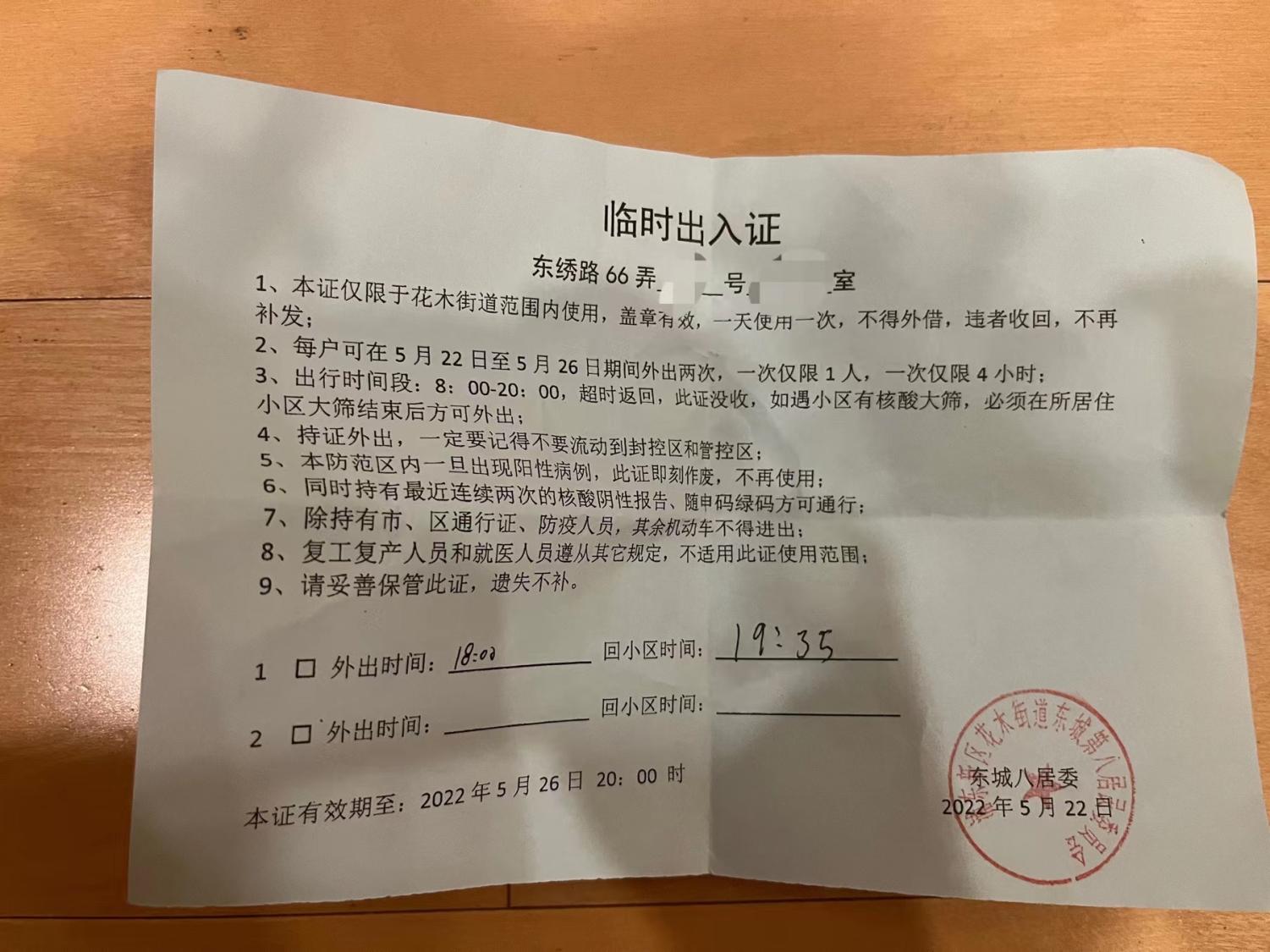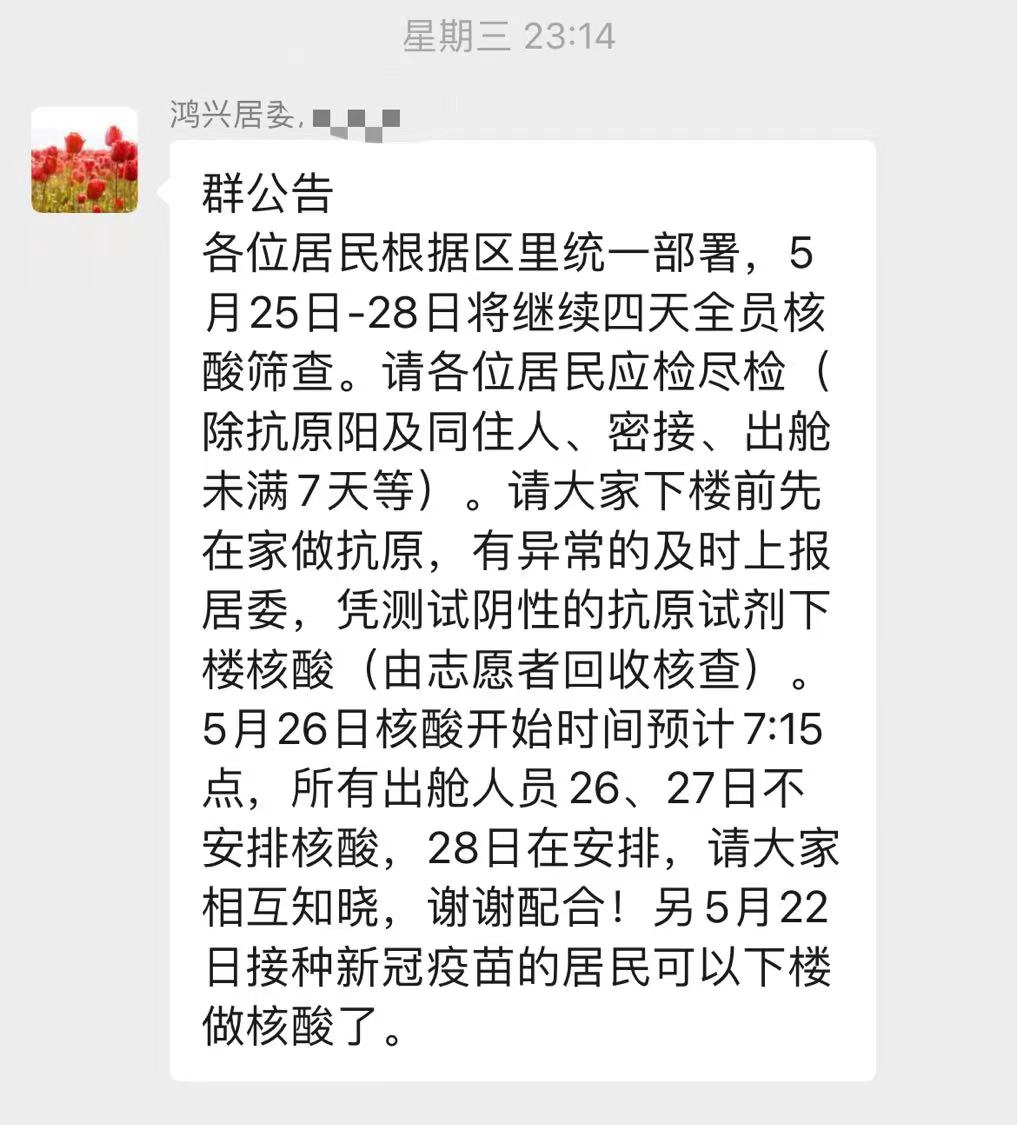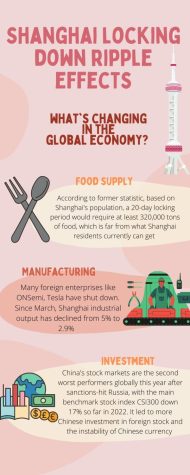Shanghai lockdown ripple effects
May 30, 2022
When COVID cases suddenly rose to tens of thousands per day in March, China enforced new lockdown policies and put its economy to a halt. In Shanghai, China’s richest city, the Zero Covid Policy forced the majority of residents into lockdown, factories to close, shipping to delay, and recessions in entire industries.
“I’ve been locked down for 57 days. There is currently a city-scale lockdown happening right now, which is not recognized by the government because the policies started [on] an area scale. And the government doesn’t want to cause much panic among the citizens,” said Cai, a Shanghai resident.
The residents’ most urgent concerns are worries about the food supply, caring for pets, and medical needs, since the lockdown was implemented suddenly without taking those into consideration.
“The lockdown shows the efficiency to some extent when the government is dealing with certain emergency situations. It also reflects our cultural differences. Compared to America, different government systems have a different understanding [of] what we should do in an emergency situation,” said Hanzhe Zhang (‘22).
Shanghai’s lockdown has significant global consequences for a number of reasons. The city has a GDP (gross domestic product) of 4.32 trillion yuan ($679 billion) and is the world’s third-largest stock market. More than 800 multinational corporations, including Apple and General Motors, have regional headquarters in Shanghai. When the lockdown puts such a prosperous economy to a halt, markets around the world connected to Shanghai feel the consequences.
“Because of the lockdown, the unemployment rate has gone up. To combat this, the Chinese government is printing more money, which has led to inflation of the currency. Because of China’s importance in the global economy, this will have negative effects,” said Cai.
Since the Chinese COVID policies went into effect, manufacturing needed to go through a series of strict administrative measures. Due to this, other countries might overtake China’s current position as the world’s second-largest economy.
“Chinese products are mostly cheap and Western countries import a lot of these products, so when Chinese manufacturing is slowed, Western countries will probably switch to other sources in Southeast Asia,” said Gavin Wang (‘23).
Additionally, the lockdown also impacted the entertainment industry. The multinational gaming developer company miHoYo has its headquarters in Shanghai. Due to the lockdowns, the company had to postpone updates to its game Genshin Impact, which has around 50 million players each month. As a result, this upset millions of fans around the globe.
“The Genshin delay made the game very boring for me, and my desire to play the game significantly decreased. In my opinion, the difficult situation is understandable. However, the amount of compensation given definitely gave miHoYo a bad reputation,” said Arthur Hua (‘22).
China’s lockdown policies have had significant effects across the world. With new variants of COVID and pressure from Western countries to stop lockdowns, China will face many more challenges and continue to shape the world economy with its responses to these challenges.








